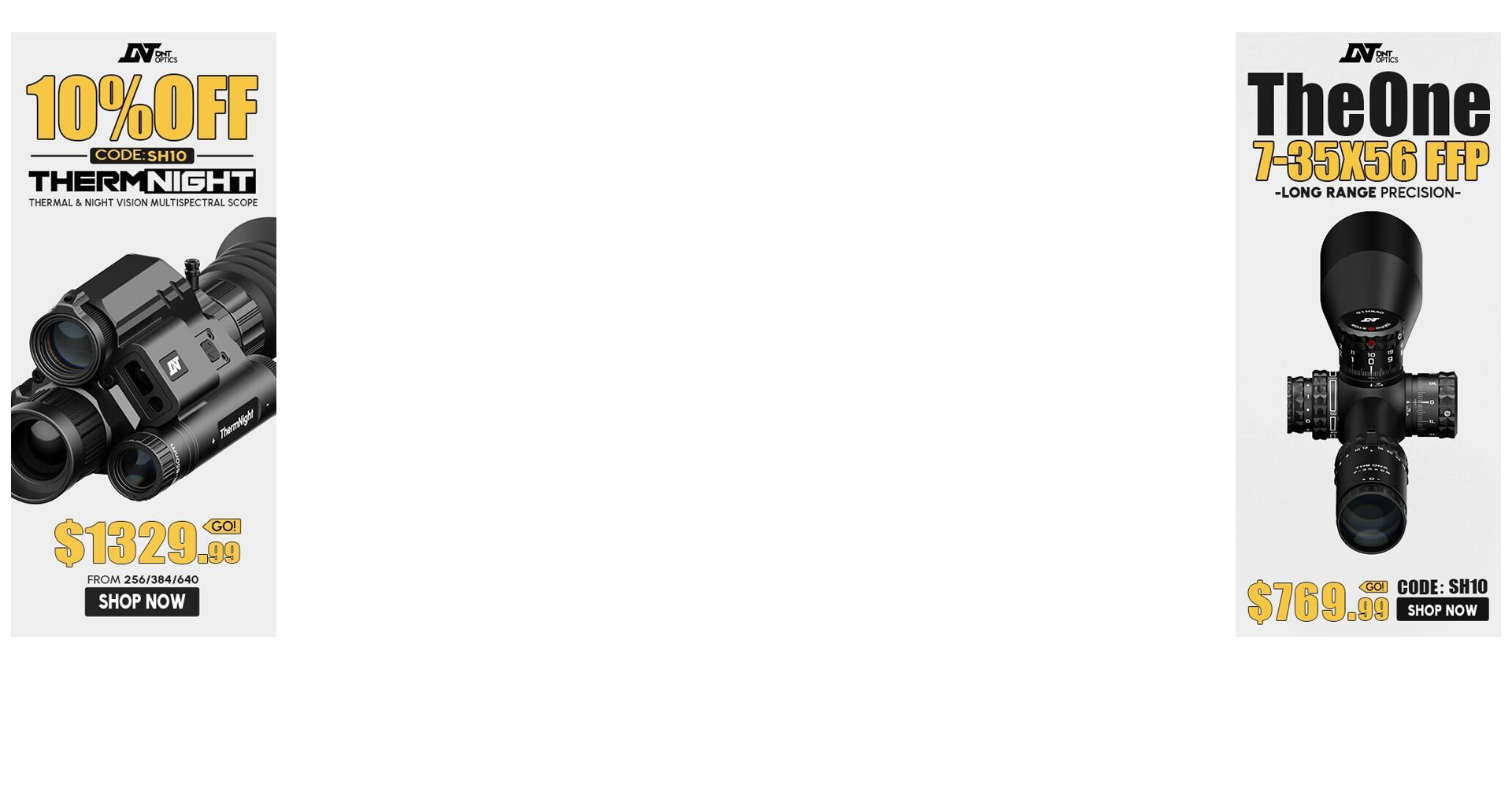I would like to better undersrtand how barrel length effects accuracy? many tactical rifles have 20" barrels but both of my "long range" guns have 26" barrels.
I understand that longer barrels help get the bullet spinning for more stability downrange, but what is the deciding factor when a manufacture designs a gun with a given barrel length?
I am looking at a new gun that seems to easy to find in a 20" barrel but bit more difficult to find in longer lengths.
Example question: Would a 6.5 cr with a 20" barrel shot accurately at a 1000yds?
I understand that longer barrels help get the bullet spinning for more stability downrange, but what is the deciding factor when a manufacture designs a gun with a given barrel length?
I am looking at a new gun that seems to easy to find in a 20" barrel but bit more difficult to find in longer lengths.
Example question: Would a 6.5 cr with a 20" barrel shot accurately at a 1000yds?

